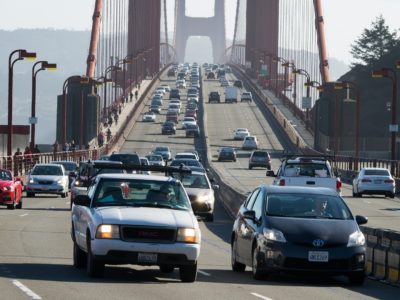Resolving Interconnection Disputes to Speed Clean Technology Deployment
New California agency dispute resolution process in need of expert panelists
When a homeowner or business wants to install clean technology like renewable electricity generation or energy storage either for on-site usage or as a grid service, they occasionally run into problems obtaining approvals from the local electric utility to connect that resource to the electrical grid. The owner must enter into an interconnection agreement with the utility to set the terms of the grid connection and help the utility to track installations system-wide, but this process does not always go smoothly.
The on-going surge in requests to interconnect distributed energy resource systems to the grid has increased the rate of utility interconnection applications under Public Utilities Commission Rule 21, which governs the process. This in turn has led to an influx of Rule 21 disputes as customers seek to increase adoption, while utilities may seek to protect the safety and reliability of electrical distribution and transmission systems.
In 2016, the California Legislature enacted Assembly Bill 2861 (Ting), authorizing the Public Utilities Commission to establish an expedited dispute resolution process for Rule 21 interconnection disputes, with the goal of speeding interconnections while providing adequate technical expertise to review the often highly complex applications.
Berkeley Law’s Center for Law, Energy & the Environment (CLEE) is partnering with the California Institute for Energy and Environment (CIEE) and the Public Utilities Commission to support this new dispute resolution process. The intent is to help accelerate adoption of distributed energy resources while protecting long-term grid stability, an essential component of California’s effort to reduce greenhouse gas emissions.
CLEE and CIEE are now seeking applicants to serve as members of the technical panel that will make recommendations to the PUC in order to resolve disputes starting this fall. Applicants must be experts in electrical interconnection and may not be employed by one of California’s three investor-owned utilities (which will nominate their own experts). Those interested in applying can access the qualifications and requirements here.
Panelists will ultimately help the state address one of the key technical and policy challenges faced by utilities and clean tech purveyors as the grid modernizes to meet environmental, equity, and public safety goals.







Reader Comments